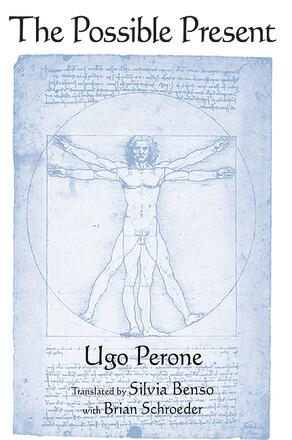
The Possible Present
Alternative formats available from:
A practical hermeneutics of time.
Description
The Possible Present unfolds from within a freely reinterpreted hermeneutic perspective and provides an original theoretical proposal on the topic of time. In dialogue especially with the philosophies of Husserl and Heidegger, but resorting also to suggestions coming from a theological background (Barth and Bonhoeffer), the work proposes a personal and original theory of time centered on a conception of the present that does not reduce temporality to a succession of mere instants. When one claims that time is ungraspable, one refers neither to the past (which is rather irretrievable) nor to the future (which is rather uncertain) but to the present. The present in which we are is in fact what fades from our hands without break. The present is a decisive threshold for finite existence. It is the threshold where past and future meet and can give birth to a livable horizon of meaning. Dilating the present and giving it a meaningful chance to be is a task for philosophy. It is the attempt of giving time to time and also giving it shape, place, and space. To succeed at this task while rediscovering the sources of a narrative way of thinking that in truth it has never abandoned, philosophy must go back and turn time into the primary object of discourse, like in stories, which are precisely the attempt at disposing the temporal flow of events according to a meaning. Perone argues that in time, however, what passes is not simply decline, but rather something irreducible, an exteriority that must be said.
Ugo Perone is Professor in the Department of Humanities at the Università Del Piemonte Orientale in Vercelli, Italy. He is the author of several books, including The Truth of Feeling and Despite the Subject. Silvia Benso is Professor of Philosophy at the Rochester Institute of Technology. She is the author of The Face of Things: A Different Side of Ethics; translator and coeditor (with Brian Schroeder) of Contemporary Italian Philosophy: Crossing the Borders of Ethics, Politics, and Religion; coeditor (with Brian Schroeder) of Between Nihilism and Politics: The Hermeneutics of Gianni Vattimo; and cotranslator (with Brian Schroeder) of Carlo Sini's Ethics of Writing, all published by SUNY Press. Brian Schroeder is Professor of Philosophy at the Rochester Institute of Technology. He is the coeditor (with Lissa McCullough) of Thinking through the Death of God: A Critical Companion to Thomas J. J. Altizer, also published by SUNY Press.